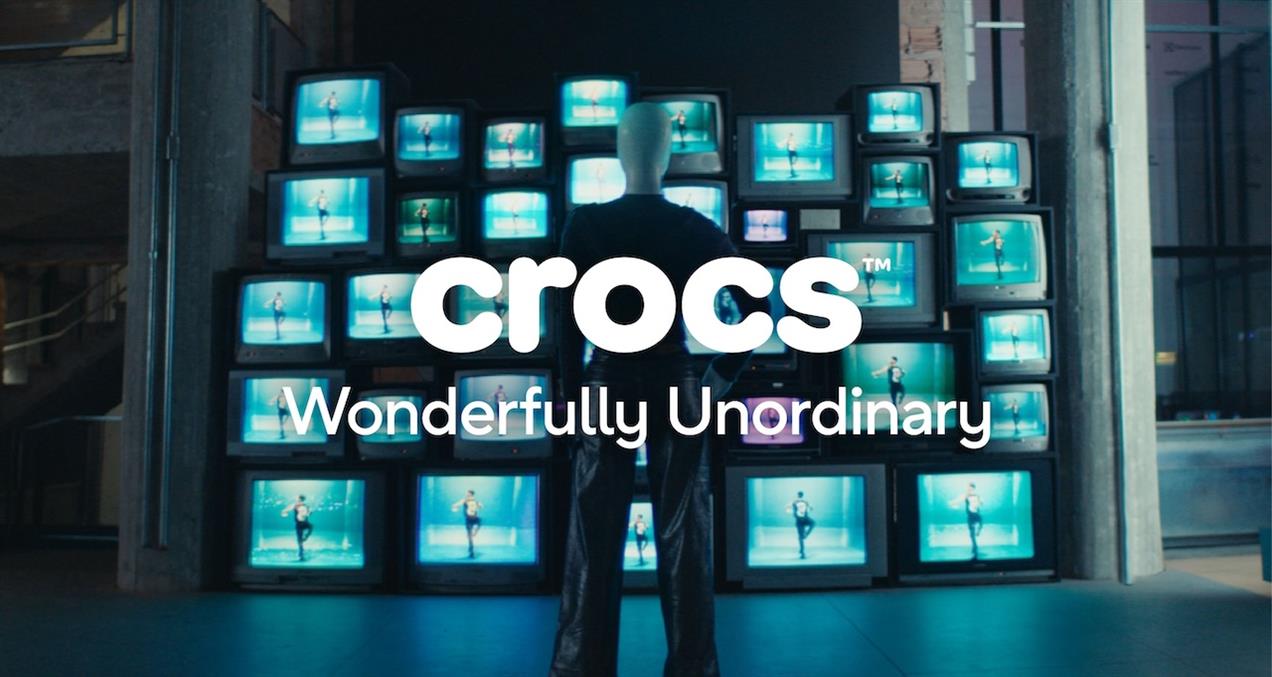When playing football, young children tend to chase the ball around in a single group. It's very sweet, but not terribly effective.
In our business the 'ball' is proximity to the creative idea.
The other day I was on the receiving end of a media-agency presentation that was 60 or so slides long.
It was articulate and well written, which was nice. But it was also largely devoid of any actual media thinking. You know, insights and guidance on the subject of media for a particular audience. Where we should look to create work for. How each medium worked best.
Instead, it was 60 pages of 'platform ideas'.
We didn't need any more platform ideas. What we needed was real expertise on the subject prominently mentioned on the presenting company's business cards.
And it's not just media agencies. I feel the same way about strategic planners who fiddle with words and creative concepts rather than cutting to the core of the problem and developing, you know, a strategy to deal with it.
Or creatives who think they can suddenly manage clients better than account people.
Or clients themselves who appoint an agency and then behave like the proverbial man who buys a dog and then goes around barking.
I'm all for collaboration and love the notion of 'T' shaped people—the idea that the best organisations are full of people who are experts (the downstroke in the T) but who also understand and can contribute to what everyone else does (the top of the T)—but I despair at this rush towards one spot by our industry. Because it signals mediocrity.
If everyone thinks they can do everything, you can be sure that they can't.
And I haven't seen Man City chasing the ball around the pitch in a small group recently.
Charles Wigley is chairman of BBH Asia Pacific












